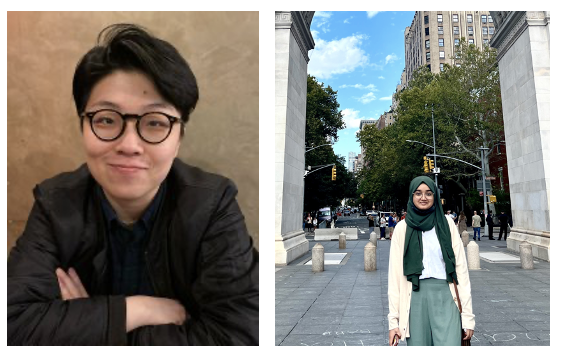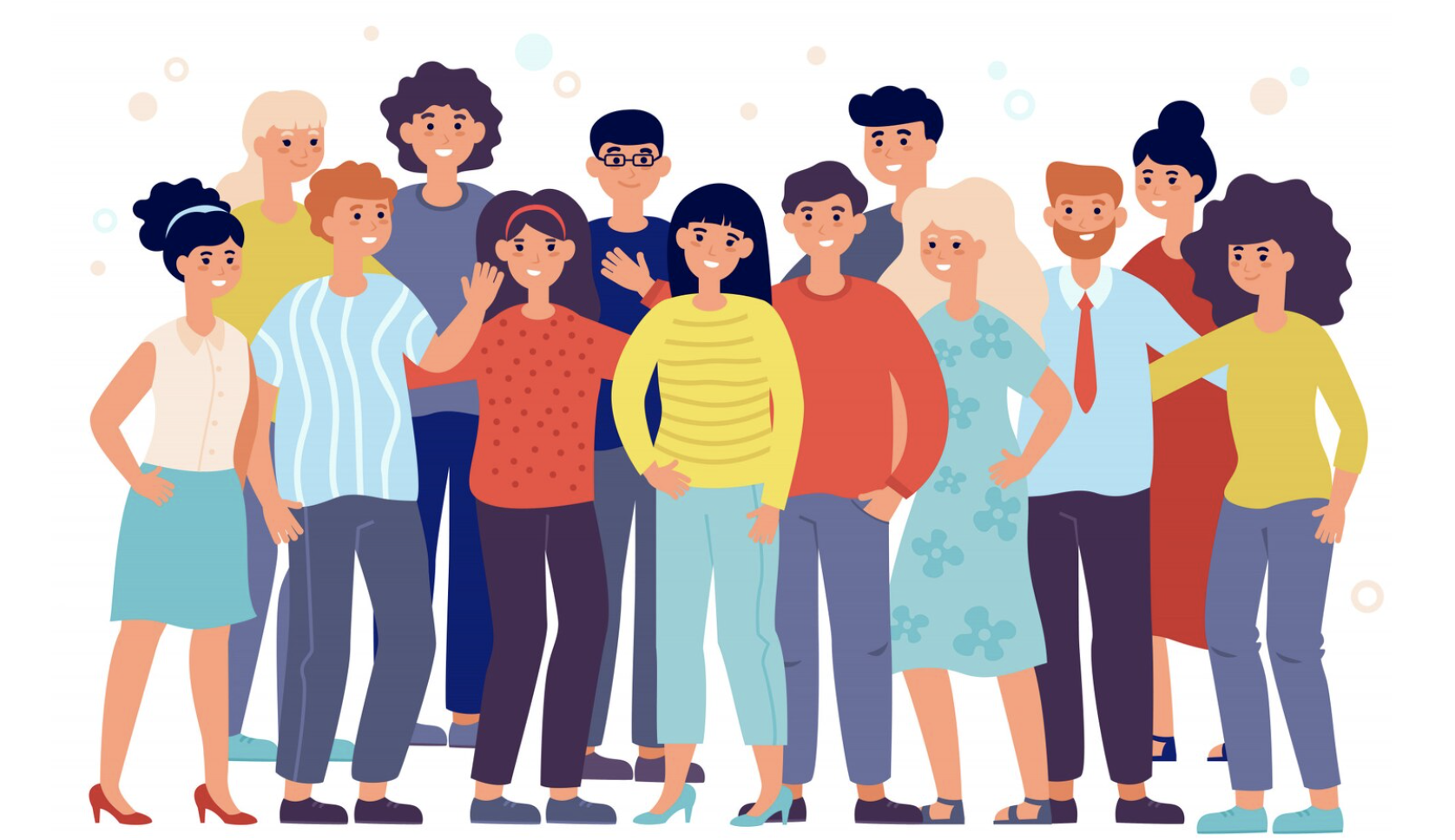



















Hannah Nam, Brooklyn College
Title:
Scientific supremacy: How do genetic narratives relate to racism and racist ideology?
Abstract:
Recent research suggests that contemporary American society is marked by heightened hostile racial rhetoric—alongside the increasing salience of white nationalists who justify an ideology of racial hierarchy with claims of biological superiority. This social and political environment is coupled with a media environment that routinely reports scientific studies linking biology with social outcomes—such as investigations of the genetic bases of racial differences. Across three experimental studies, I examine how scientific narratives that link genes with health and behavioral outcomes can impact racism. The results suggest that in a racialized context, deterministic genetic attributions for intergroup differences in health and behavior can lead to more racist attitudes. Importantly, however, these studies also suggest that more contextualized genetic attributions (e.g., emphasizing interactions between multiple genes or between genes and the environment) can buffer negative racial attitude effects. A fourth experiment explores how ideological support for the alt-right moderates the effects of genetic attributions on essentialist biases, providing insight into how genetic narratives may provide a cognitive gateway into scientific racism. This research holds implications for understanding the nature of racial attitudes and racialized ideology in contemporary American society, as well as for framing scientific communication in intergroup contexts.

BASP Talks - Jaclyn Doherty & Grace Flores-Robles
Talk 2 Title:
Seeing and sanctioning structural unfairness
Talk 2 Abstract:
When a wrongdoing occurs, people can think about blame in two ways: as the result of “bad actors” (i.e., individuals who are responsible for the bad outcome) or “bad systems” (i.e., structural factors that are ultimately responsible for the outcome). In five studies (four U.S. online convenience, one U.S. representative sample), we examined how people ascribed responsibility, and subsequently punished, unfairness in an economic game. In Pilot 1A (N = 40), people interpreted unfair offers in an economic game as the result of a bad actor (vs. unfair rules), unless incentivized (Pilot 1B, N = 40), which, in Study 1 (N = 370), predicted costly punishment of individuals (vs. changing unfair rules). In Studies 2 (N = 500) and 3, (N = 470, representative of age, gender, and ethnicity in the U.S), we found that people paid to change the rules for the final round of the game (vs. punished individuals), when they were randomly assigned a bad system (vs. bad actor) explanation for prior identical unfair offers. This research suggests that how people understand, and ultimately explain, unfairness influences how they choose to sanction it.




Shai Davidai, Columbia Business School
Title:
From high compensation to perceived representation: Exposure to highly paid women and unrepresented minorities leads people to overestimate gender and racial diversity
Abstract:
Eight studies (N = 2,004, including five pre-registered) document how exposure to highly paid women and minorities affects people’s perception of their representation. Even when their group’s actual representation is held constant, we find that a few highly paid women or non-White employees inflate people’s perceptions of gender and racial diversity. This effect of women and non-White employees who defy the “wealthy White male” stereotype is not moderated by observers’ own gender or race: Regardless of their own gender or racial identity, we find that people perceive higher diversity when exposed to a few highly paid women or minorities. Finally, we examine the consequences of such inflated perceptions of representation. We find that exposure to counter-stereotypical exemplars of compensation inhibits support for initiatives that reduce gender and racial disparities and weakens people’s willingness to hire qualified job candidates who contribute to diversity. We conclude with a discussion of the tension between perceptions of equity and perceptions of diversity and the consequences of substituting the former for the latter.

Daniel Yudkin, University of Pennsylvania & More in Common
Title:
Morality as Relational Toolkit: How Social Closeness Shapes Moral Thinking
Abstract:
Should I sacrifice one life to save five? Such questions provide provocative tests of the boundaries of our moral intuitions, but have little relevance to daily life. In this talk I'll present an analysis of a large-scale repository of everyday moral dilemmas: the "Am I the Asshole?" thread on Reddit. In 369,000 posts and 11M moral evaluations, analysis suggests that users grapple with a range of moral questions, ranging from issues of honesty to privacy. Furthermore, likelihood that a moral principle applies in a given situation is associated with the social closeness of the people involved. Social closeness also moderates the likelihood that the violation of a given moral principle is considered acceptable. Overall, the data provide a unique picture of morality in daily life and highlights the role of relationships in moral thinking.
